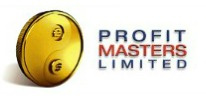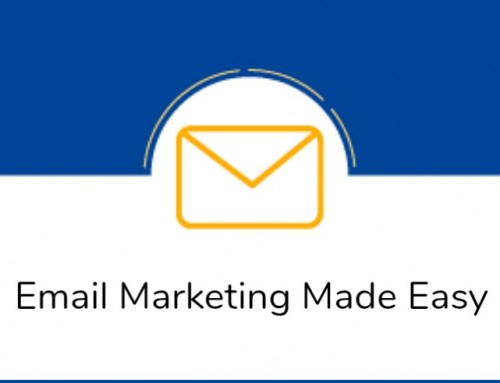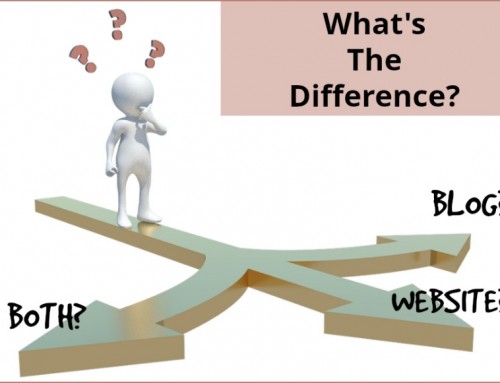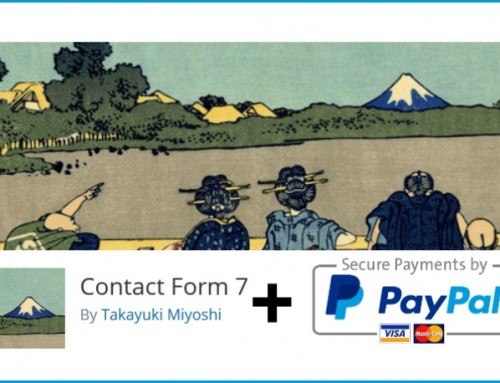Act now and you will reverse the slow death that is already taking hold and gradually shutting off your supply of customers.
Today, we live in a world where we appear to celebrate or recognise the extra-ordinary. It’s a mindset that is de-sensitising us to the ordinary or the day-to-day activities, products and services that we buy and which serve our purpose very well.
Let’s give you an example…
When you first purchased or received your last mobile phone, you spent some time pushing all of the buttons to find out what it could do. Some people would proudly parade their mobile phone to their friends and family.
After a few months, the novelty has worn off and what was extra-ordinary is now just plain ordinary.
If you received a free upgrade, you probably don’t look at that transaction as special any more either and are already counting the days until you receive your next upgrade, and maybe then get excited – not about the transaction, but which gadget phone you can get from the phone company.
How does this relate to your products or services?
It’s simple. Over time, you no longer look at what you offer as special. In fact, you look beyond the ordinary with your de-sensitised eyes and see life around you as a series of commoditised transactions e.g. like your phone upgrade transaction.
For most business owners, what this means is that they look at what they offer without fully understanding the real value it brings to the buyer. Essentially, they have commoditised their product or service.
So, whenever any transaction occurs, the tendency is for one or both parties to commoditise. Let’s use the simple transaction of selling your house to explain this concept further…
Let’s say that you are selling your house and I am an estate agent. I commoditise the transaction by simply looking at it as a one-time transaction i.e. I help you sell your house.
But, is that what I should be doing? Surely not?
The truth is by commoditising the transaction I demean its value. And, by doing so, I set the conditions for a less-than meaningful relationship between you the seller and me as your agent.
Additionally, I restrict the way you emotionally connect to your house and to me as a person.
OK, where’s this going I hear you ask?
Let’s cut to the chase. My role as the seller of your current home (note the change from using the word house) is to help you find the home of your dreams, meeting location, budget and other criteria.
But my role doesn’t stop there. It should also be to help you find the right buyer who considers your home to be their dream home too.
Now I am helping two sets of families move to their dream home. I can create even greater value in these transactions by taking the stress away from the physical move, arranging packing teams, removal men, locksmiths, landscape gardeners etc.
Wouldn’t you agree that the quality of our relationship in the second scenario far surpasses the first? And, wouldn’t you agree that you would pay far more because I have enriched your life on so many different levels?
And the Great Discovery For You and Your Business Is?
Having agreed with me that the second scenario is more powerful than the first, my question to you is whether your business is operating today based on the first or last scenario in the example? Are you commoditising your everyday transactions with customers and therefore de-sensitising them to the quality and real value you are providing on a day-to-day basis?
If you are now nodding your head in recognition to what you are doing, then the good news is that you can turn this around – quickly. By re-engaging with your product or service and getting to grips with the many facets of its specialness, you can begin to build value into your business transactions and educate your customers to the real value of what they buy.
WARNING. If you do not recognise this is happening in your business today, then you’re either doing a great job or you’re living in denial – because it’s happening all of the time.
There’s one other important point to mention here about commoditising your product or service. The more your customer sees what you offer as a commodity, the more they will shop around to find the cheapest price. You cannot build customer loyalty based on a commoditised product or service – it simply does not exist, unless there is a convenience factor to consider.
How does affect your business today?
Unlike the estate agent in the example, who minimises and commoditises every transaction, the key to growth stems from a complete change in mindset. This new mindset has the well-being of all parties as a core value, with a view to maximising every transaction, and prospering as a result of being able to do more, sell more, give more to their customers.
Without this recognition and change in mindset, your ability to grow is restricted at best. However, my concern for you is that once you reach this point, your business is already failing, even if you haven’t witnessed or experienced it yet. It’s simply a matter of time – like a slow suffocation with a hand slowly and gradually squeezing, cutting off your air supply. The result is the same. Sadly, you eventually die.
What Can you do about it?
Look and listen. Spend time with your sales team, analyse your products and services and talk to your customers. Set up teams to re-evaluate everything you do, why you do it and what can be done better. Select team leaders and have your teams present their findings. Hopefully you will have sufficient staff who are still alive to highlight the good, the bad and dare I say it, yes, the ugly in your business. Let’s hope they do a good job.
Whilst you are doing this, a smart business owner would also be talking to me to help you see what you really have to offer, where your opportunities are and what you can do to change quickly.






Leave A Comment
You must be logged in to post a comment.